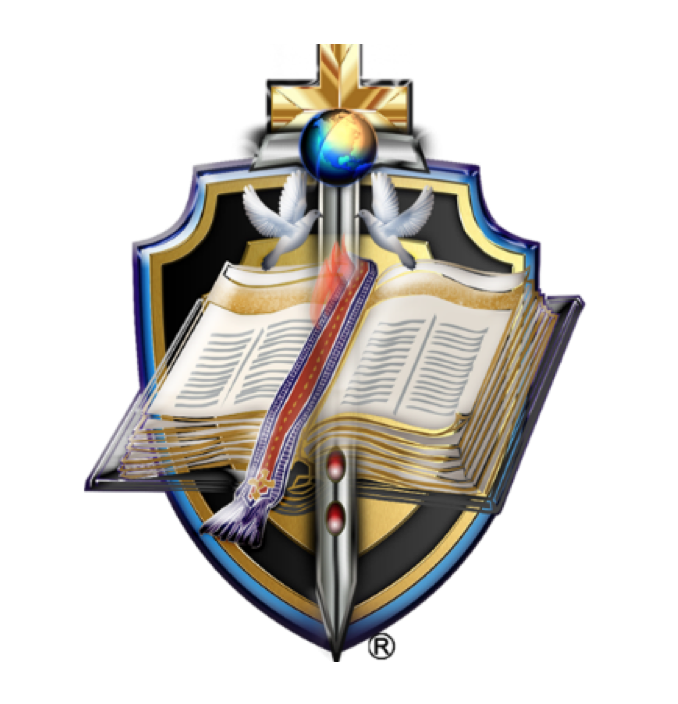God is Just and Merciful
~
More Than Lip Service
Background Scripture: Matthew 15:1-9; Mark 7:1-13
Matthew 15:1-9 King James Version (KJV)
15 Then came to Jesus scribes and Pharisees, which were of Jerusalem, saying,
2 Why do thy disciples transgress the tradition of the elders? for they wash not their hands when they eat bread.
3 But he answered and said unto them, Why do ye also transgress the commandment of God by your tradition?
4 For God commanded, saying, Honour thy father and mother: and, He that curseth father or mother, let him die the death.
5 But ye say, Whosoever shall say to his father or his mother, It is a gift, by whatsoever thou mightest be profited by me;
6 And honour not his father or his mother, he shall be free. Thus have ye made the commandment of God of none effect by your tradition.
7 Ye hypocrites, well did Esaias prophesy of you, saying,
8 This people draweth nigh unto me with their mouth, and honoureth me with their lips; but their heart is far from me.
9 But in vain they do worship me, teaching for doctrines the commandments of men.
Mark 7:1-13 King James Version (KJV)
7 Then came together unto him the Pharisees, and certain of the scribes, which came from Jerusalem.
2 And when they saw some of his disciples eat bread with defiled, that is to say, with unwashen, hands, they found fault.
3 For the Pharisees, and all the Jews, except they wash their hands oft, eat not, holding the tradition of the elders.
4 And when they come from the market, except they wash, they eat not. And many other things there be, which they have received to hold, as the washing of cups, and pots, brasen vessels, and of tables.
5 Then the Pharisees and scribes asked him, Why walk not thy disciples according to the tradition of the elders, but eat bread with unwashen hands?
6 He answered and said unto them, Well hath Esaias prophesied of you hypocrites, as it is written, This people honoureth me with their lips, but their heart is far from me.
7 Howbeit in vain do they worship me, teaching for doctrines the commandments of men.
8 For laying aside the commandment of God, ye hold the tradition of men, as the washing of pots and cups: and many other such like things ye do.
9 And he said unto them, Full well ye reject the commandment of God, that ye may keep your own tradition.
10 For Moses said, Honour thy father and thy mother; and, Whoso curseth father or mother, let him die the death:
11 But ye say, If a man shall say to his father or mother, It is Corban, that is to say, a gift, by whatsoever thou mightest be profited by me; he shall be free.
12 And ye suffer him no more to do ought for his father or his mother;
13 Making the word of God of none effect through your tradition, which ye have delivered: and many such like things do ye.
Matthew 15:1-9 New Living Translation (NLT)
Jesus Teaches about Inner Purity
15 Some Pharisees and teachers of religious law now arrived from Jerusalem to see Jesus. They asked him, 2 “Why do your disciples disobey our age-old tradition? For they ignore our tradition of ceremonial hand washing before they eat.”
3 Jesus replied, “And why do you, by your traditions, violate the direct commandments of God? 4 For instance, God says, ‘Honor your father and mother,’[a] and ‘Anyone who speaks disrespectfully of father or mother must be put to death.’[b] 5 But you say it is all right for people to say to their parents, ‘Sorry, I can’t help you. For I have vowed to give to God what I would have given to you.’ 6 In this way, you say they don’t need to honor their parents.[c] And so you cancel the word of God for the sake of your own tradition. 7 You hypocrites! Isaiah was right when he prophesied about you, for he wrote,
8 ‘These people honor me with their lips,
but their hearts are far from me.
9 Their worship is a farce,
for they teach man-made ideas as commands from God.’[d]”
Footnotes:
- 15:4a Exod 20:12; Deut 5:16.
- 15:4b Exod 21:17 (Greek version); Lev 20:9 (Greek version).
- 15:6 Greek their father; other manuscripts read their father or their mother.
- 15:8-9 Isa 29:13 (Greek version).
Mark 7:1-13 New Living Translation (NLT)
Jesus Teaches about Inner Purity
7 One day some Pharisees and teachers of religious law arrived from Jerusalem to see Jesus. 2 They noticed that some of his disciples failed to follow the Jewish ritual of hand washing before eating. 3 (The Jews, especially the Pharisees, do not eat until they have poured water over their cupped hands,[a] as required by their ancient traditions. 4 Similarly, they don’t eat anything from the market until they immerse their hands[b] in water. This is but one of many traditions they have clung to—such as their ceremonial washing of cups, pitchers, and kettles.[c])
5 So the Pharisees and teachers of religious law asked him, “Why don’t your disciples follow our age-old tradition? They eat without first performing the hand-washing ceremony.”
6 Jesus replied, “You hypocrites! Isaiah was right when he prophesied about you, for he wrote,
‘These people honor me with their lips,
but their hearts are far from me.
7 Their worship is a farce,
for they teach man-made ideas as commands from God.’[d]
8 For you ignore God’s law and substitute your own tradition.”
9 Then he said, “You skillfully sidestep God’s law in order to hold on to your own tradition. 10 For instance, Moses gave you this law from God: ‘Honor your father and mother,’[e] and ‘Anyone who speaks disrespectfully of father or mother must be put to death.’[f] 11 But you say it is all right for people to say to their parents, ‘Sorry, I can’t help you. For I have vowed to give to God what I would have given to you.’[g] 12 In this way, you let them disregard their needy parents. 13 And so you cancel the word of God in order to hand down your own tradition. And this is only one example among many others.”
Footnotes:
- 7:3 Greek have washed with the fist.
- 7:4a Some manuscripts read sprinkle themselves.
- 7:4b Some manuscripts add and dining couches.
- 7:7 Isa 29:13 (Greek version).
- 7:10a Exod 20:12; Deut 5:16.
- 7:10b Exod 21:17 (Greek version); Lev 20:9 (Greek version).
- 7:11 Greek ‘What I would have given to you is Corban’ (that is, a gift).

